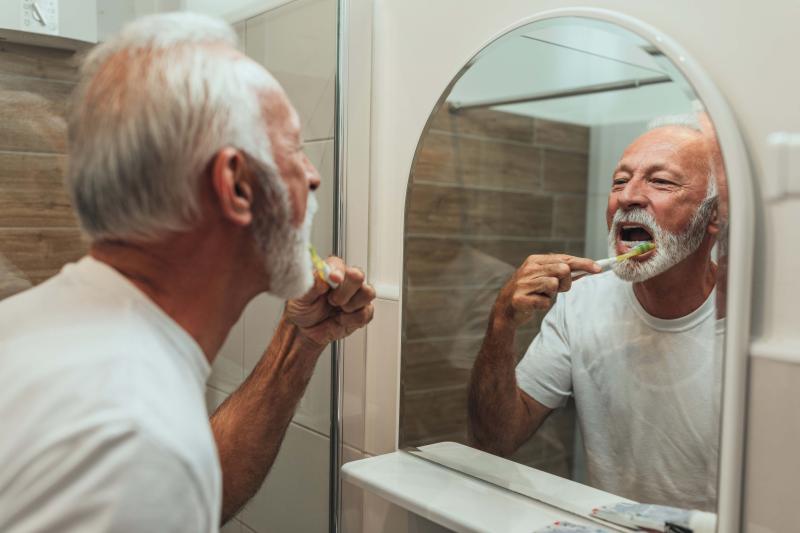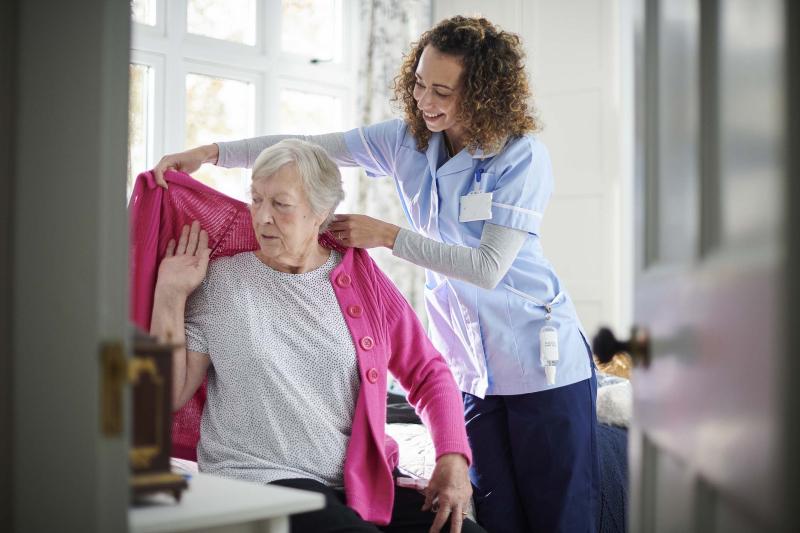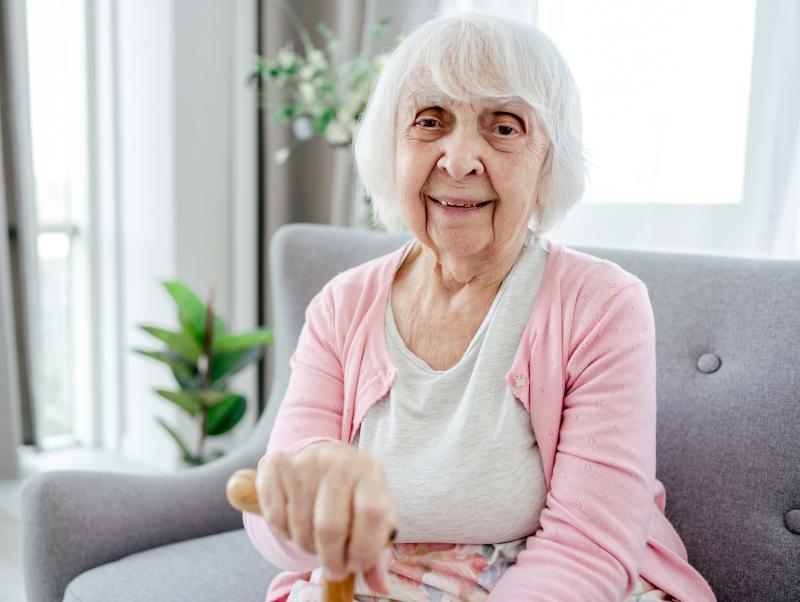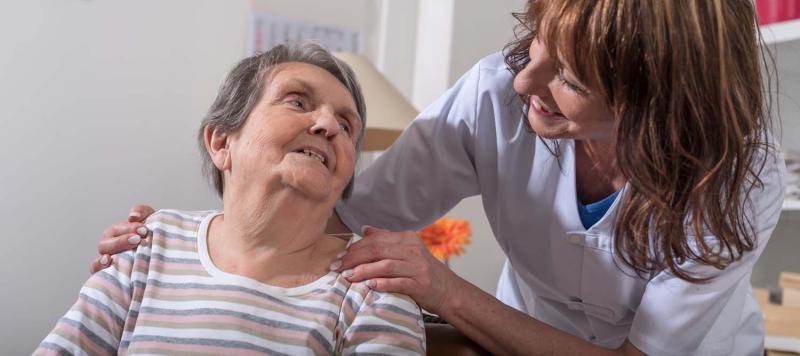Resources
Explore resources from a range of sources across the aged care sector - including government, research, academic and practice-based materials - curated by ARIIA to support evidence-informed practice and innovation.
Showing

Types of technology in aged care: Robots
Aged care services are increasingly embracing innovative digital technologies to improve the care experiences of older people and to enable care workers to do more, even with fewer resources (e.g., staff, financial). This ARIIA information sheet on robots is part of a series covering types of technology currently used in aged care.

Types of technology in aged care: Gaming
Aged care services are increasingly embracing innovative digital technologies to improve the care experiences of older people and to enable care workers to do more, even with fewer resources (e.g., staff, financial). This ARIIA information sheet on gaming is part of a series covering types of technology currently used in aged care.

Types of technology in aged care: Care management system technology
Care management systems are technologies used by aged care services to manage relevant information about the people in their care. This ARIIA information sheet on care management system is part of a series covering types of technology currently used in aged care.

Types of technology in aged care: Assistive technology
Aged care services are increasingly embracing innovative digital technologies to improve the care experiences of older people and to enable care workers to do more, even with fewer resources (e.g., staff, financial). This ARIIA information sheet on assistive technology is part of a series covering types of technology currently used in aged care.

Types of technology in aged care: Artificial intelligence
Artificial intelligence is increasingly playing a role in the care of older adults. This ARIIA information sheet on artificial intelligence is part of a series covering types of technology currently used in aged care.

Support worker help sheet: Bathroom washing 2
This information sheet from KeepAble provides examples of performing bathing and hygiene-related activities independently using simple assistive devices such as a long-handled lotion applicator and long-reach nail scissors.

Support worker tip sheets: Bathroom washing 1
This information sheet from KeepAble provides examples of performing bathing independently using simple assistive devices such as long-handled sponge and long-handled toe washer.

Support worker tip sheets: Maximising independence with dressing 2 - Using a button hook
This information sheet from KeepAble provides examples of performing dressing activities independently using a button hook.

Support worker tip sheets: Maximising independence with dressing 1 - Using a dressing stick
An information sheet from KeepAble that illustrates how to perform dressing activities independently using a stick.

Fact sheet 1: Introduction to clinical governance
The first in a series of Aged Care Quality and Safety Commission information sheets about clinical governance in aged care. This fact sheet introduces core concepts about clinical governance that aged care providers need to apply to their own services.